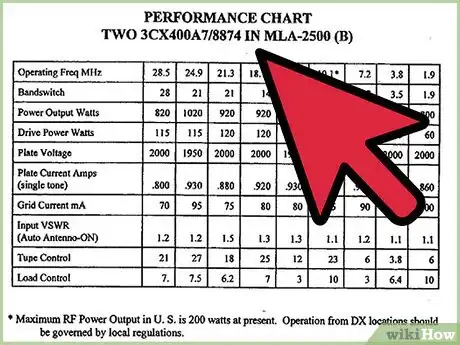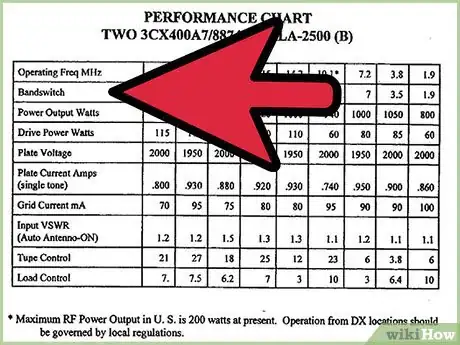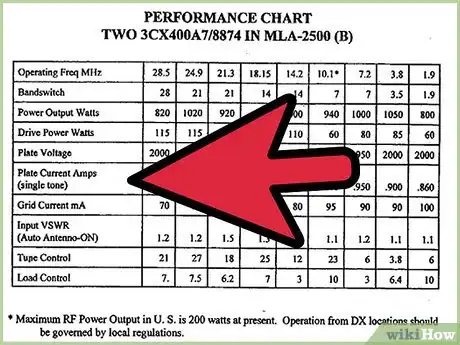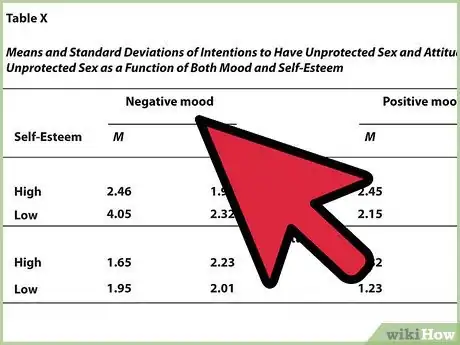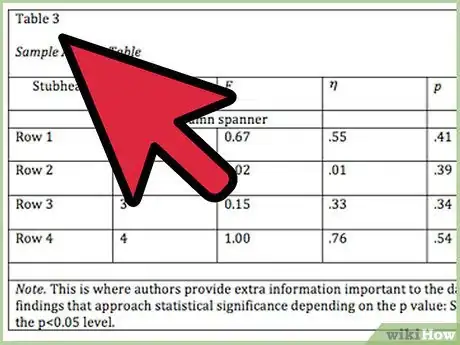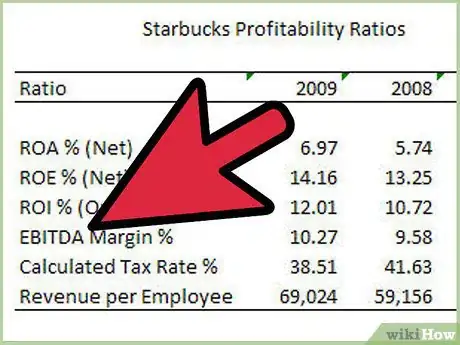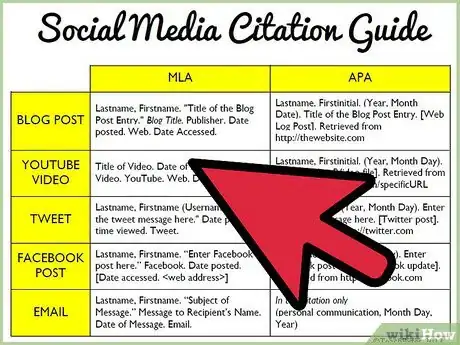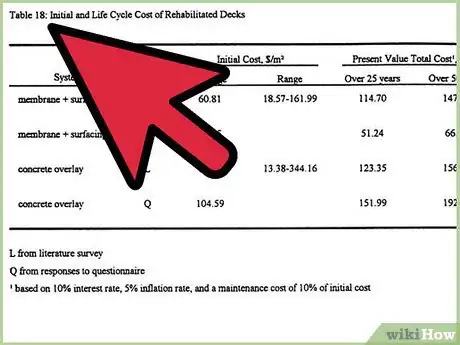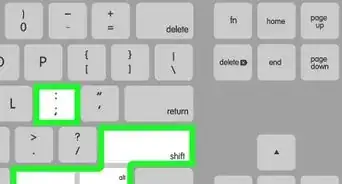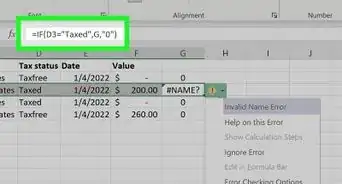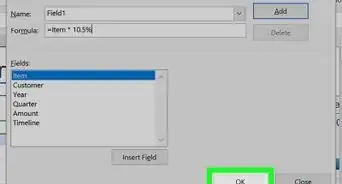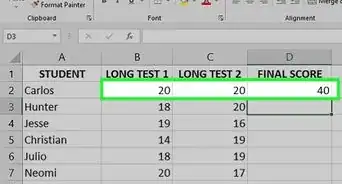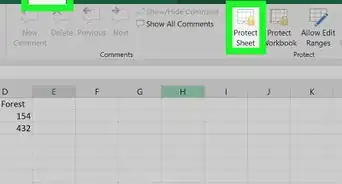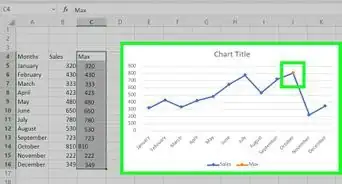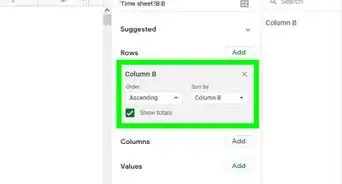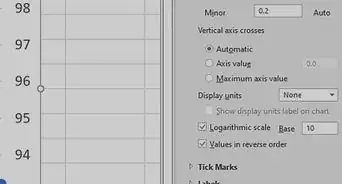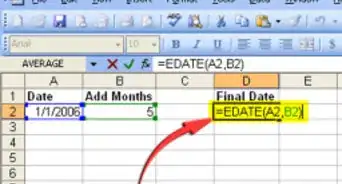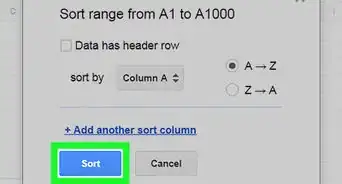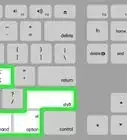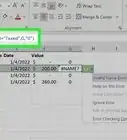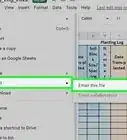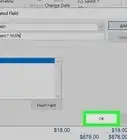wikiHow is a “wiki,” similar to Wikipedia, which means that many of our articles are co-written by multiple authors. To create this article, volunteer authors worked to edit and improve it over time.
This article has been viewed 39,881 times.
Learn more...
Tables and figures can help you to simplify the information you are presenting in a paper. If you have performed long-term scientific research, tables and graphs are essential for showing the results of that research, as well as for analyzing it. Using tables and figures is fairly simple, but you must also number them and introduce them, which means you will need to refer to them in your text. When you refer to the tables or figures, you will need to do so according the guidelines laid out in your chosen style manual.
Steps
Referring to Tables and Figures in MLA Style
-
1Introduce the table in the text first. Throughout the paper, you will number figures and tables consecutively, each in its own group, for example: “Figure 1, Table 1, Table 2, Figure 2, Figure 3, Figure 4, Table 3…”
-
2Use the label and the number. When referring to the table or figure, you will use the label and the number, for example: “For more information on this data, see table 2.”Advertisement
-
3Steer clear of capitalization. In the text, you do not capitalize the words “table” or “figure,” though you do when labeling the table.
Referring to Tables and Figures in APA Style
-
1Make sure the figure or table is near the paragraph that introduces it.
-
2Number tables and figures consecutively. Just like in MLA style, where each group gets its own set of numbers.
-
3Use a capital letter when referring to the table or figure in a text. Refer to the table or figure as “Table 1” or “Figure 2” in the text, using a capital letter. For example: “See Figure 1 as an example of this type of horse.”
Referring to Tables and Figures in Chicago Style
-
1Introduce the table before you place it in the text. Make sure to number tables and figures consecutively, each in its own group.
-
2Refer to the table by its number. Such as “table 1,” without capitalizing it. For example: “The data in figure 5 provides an overview of this information.”
